Critical Thinking Normal Social Studies Worksheets for Ages 3-5
6 filtered results
-
From - To
Discover engaging Critical Thinking Normal Social Studies Worksheets designed for children ages 3-5. Our thoughtfully crafted materials stimulate young minds, encouraging curiosity and the development of essential problem-solving skills. Each worksheet integrates age-appropriate content, allowing children to explore their environment, understand social norms, and enhance their cognitive abilities. From identifying differences to categorizing objects, these activities promote analytical thinking through fun and interactive exercises. Perfect for teachers and parents, these resources support early learners in building a strong foundation for future academic success. Download now and empower your child's critical thinking skills in the exciting realm of social studies!
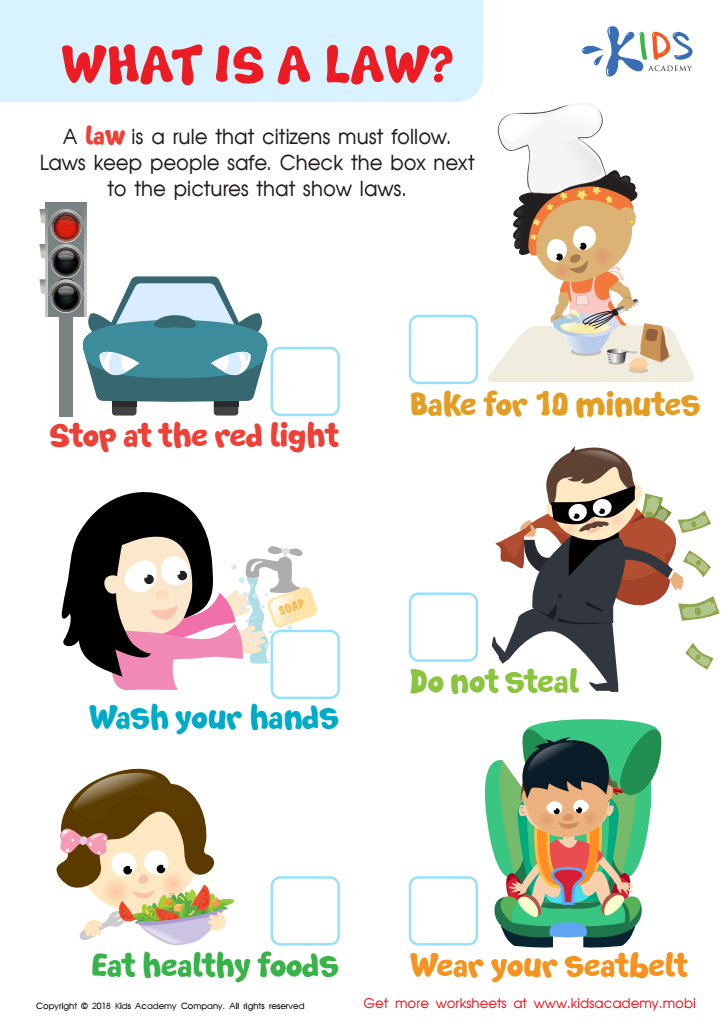

What is a Law? Worksheet
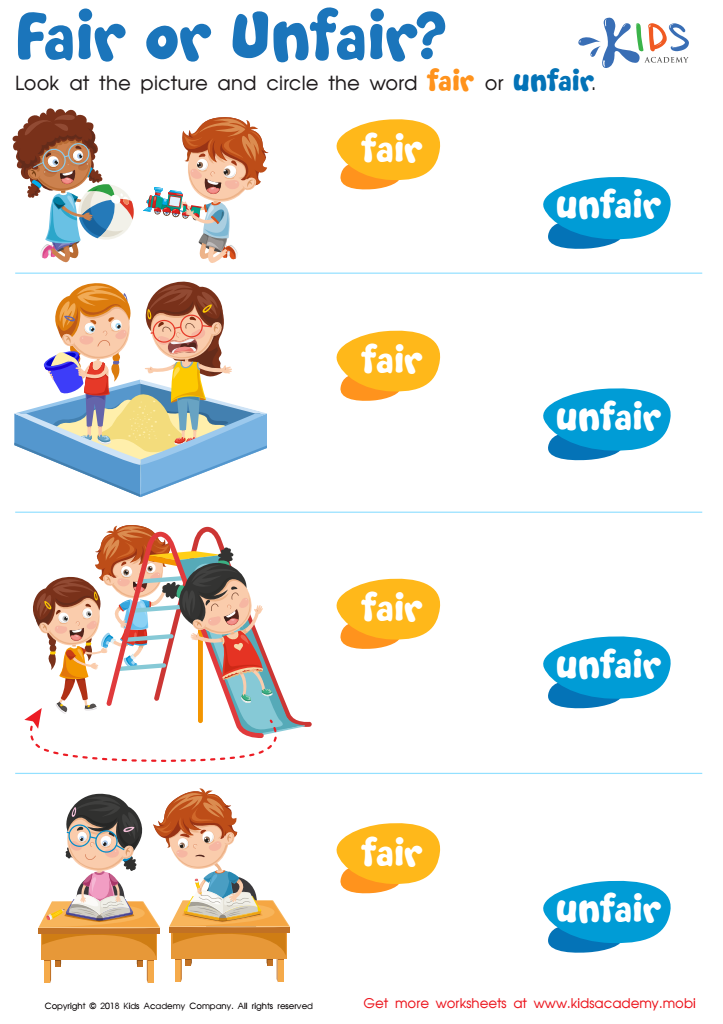

Fair or Unfair Worksheet
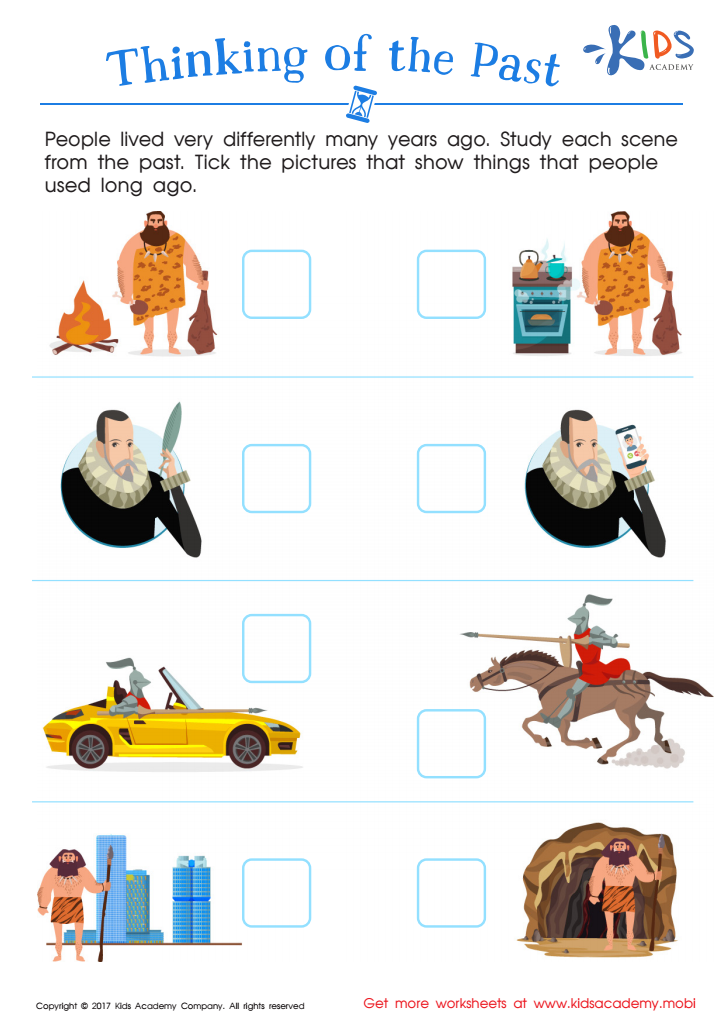

Thinking Past Printable
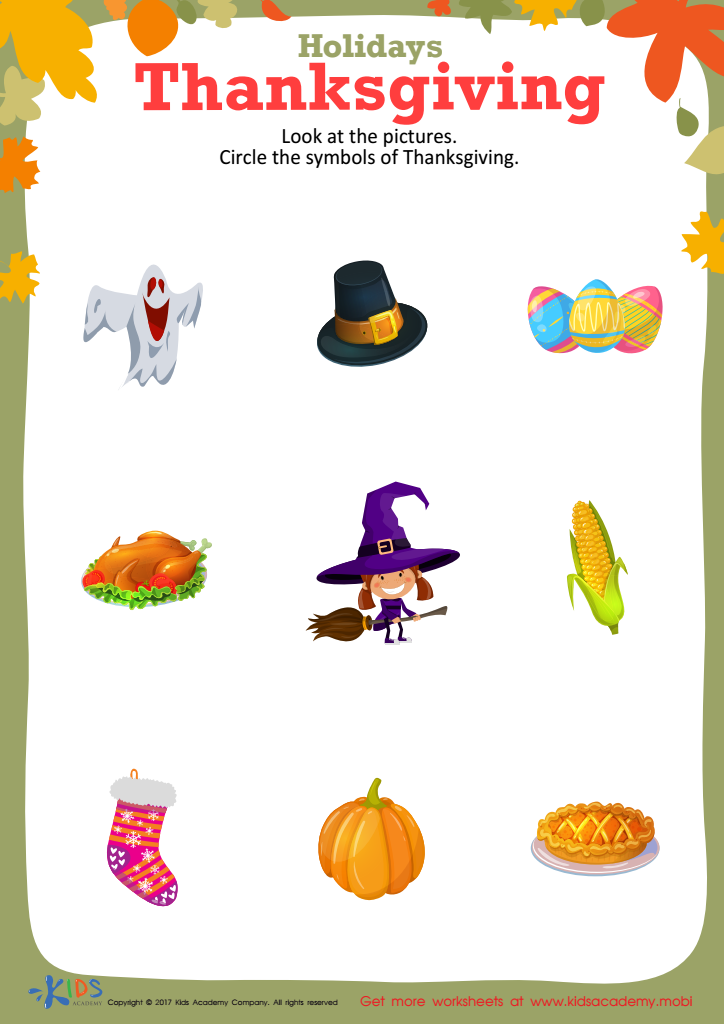

Thanksgiving Holiday Printable
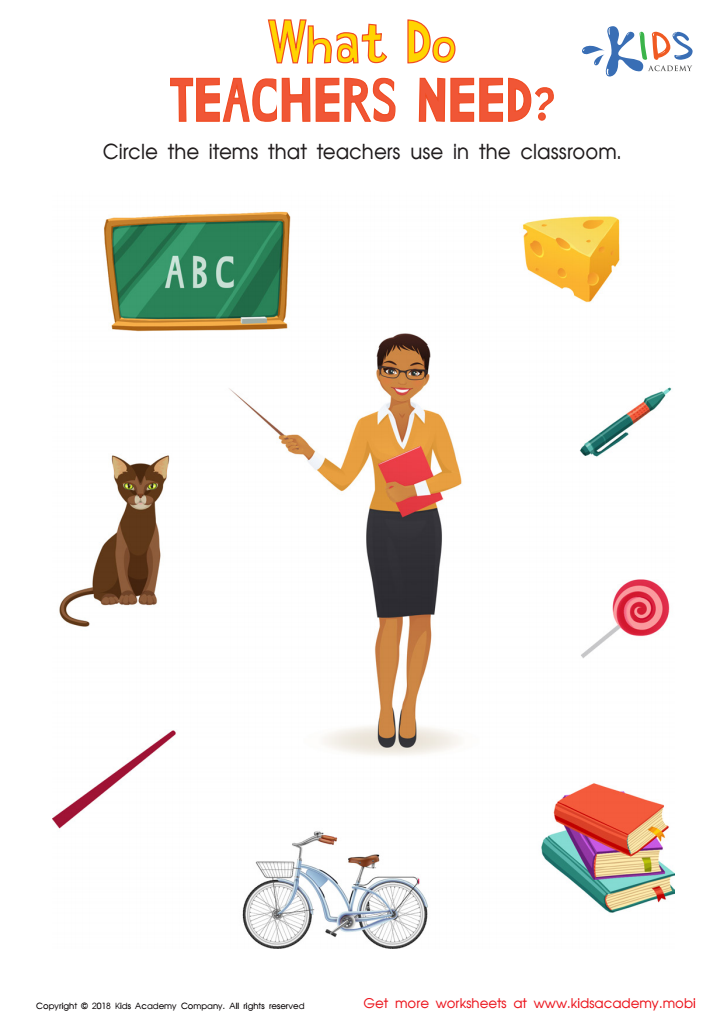

What Do Teachers Need Worksheet
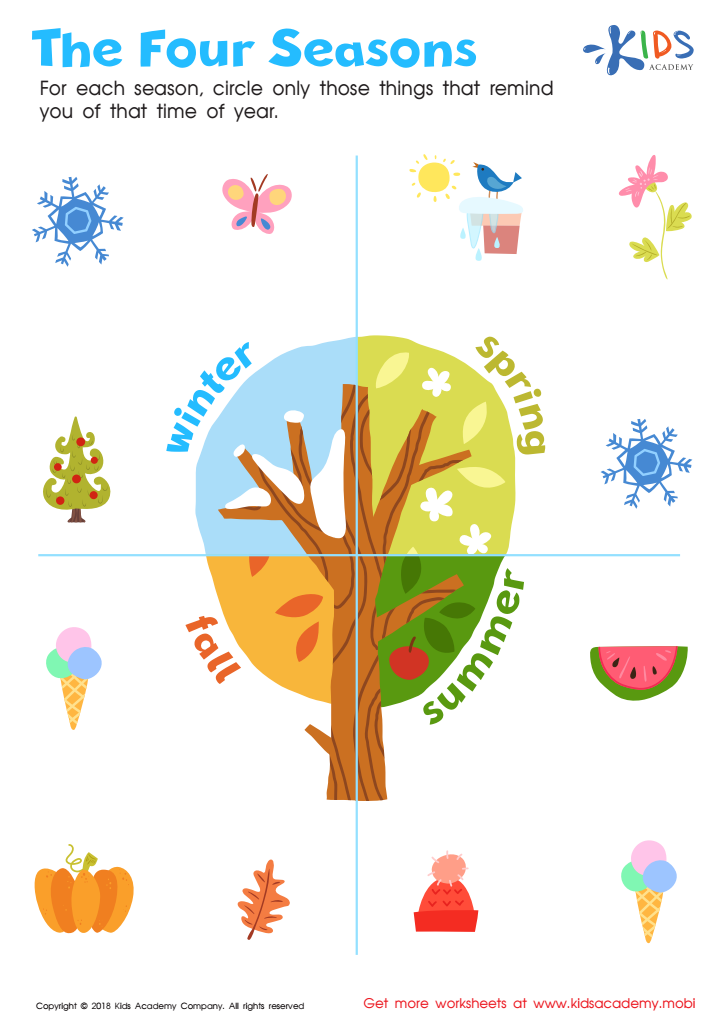

The Four Seasons Worksheet
Critical thinking in social studies for children ages 3-5 is essential for their overall development and future success. At this early age, kids are naturally curious, and fostering critical thinking skills helps them make sense of the world around them. When children engage in social studies activities that promote inquiry, discussion, and reflection, they learn to analyze different perspectives, question information, and develop their own ideas.
Parents and teachers should care about this because these foundational skills can set the tone for lifelong learning. Critical thinking empowers young children to become active participants in their communities, encouraging them to appreciate diversity, historical contexts, and social relationships. By learning to think critically about social issues, even at a young age, children are better equipped to navigate complexity in later life and to become informed citizens.
Moreover, incorporating social studies into early childhood education nurtures skills in communication, empathy, and problem-solving—all crucial for interpersonal relationships and collaboration. This early investment in critical thinking ultimately contributes to creating mindful, engaged individuals who will critically engage with the world as they grow, making them better equipped to face future challenges. Thus, fostering critical thinking in social studies is an invaluable opportunity for holistic childhood development.
 Assign to My Students
Assign to My Students






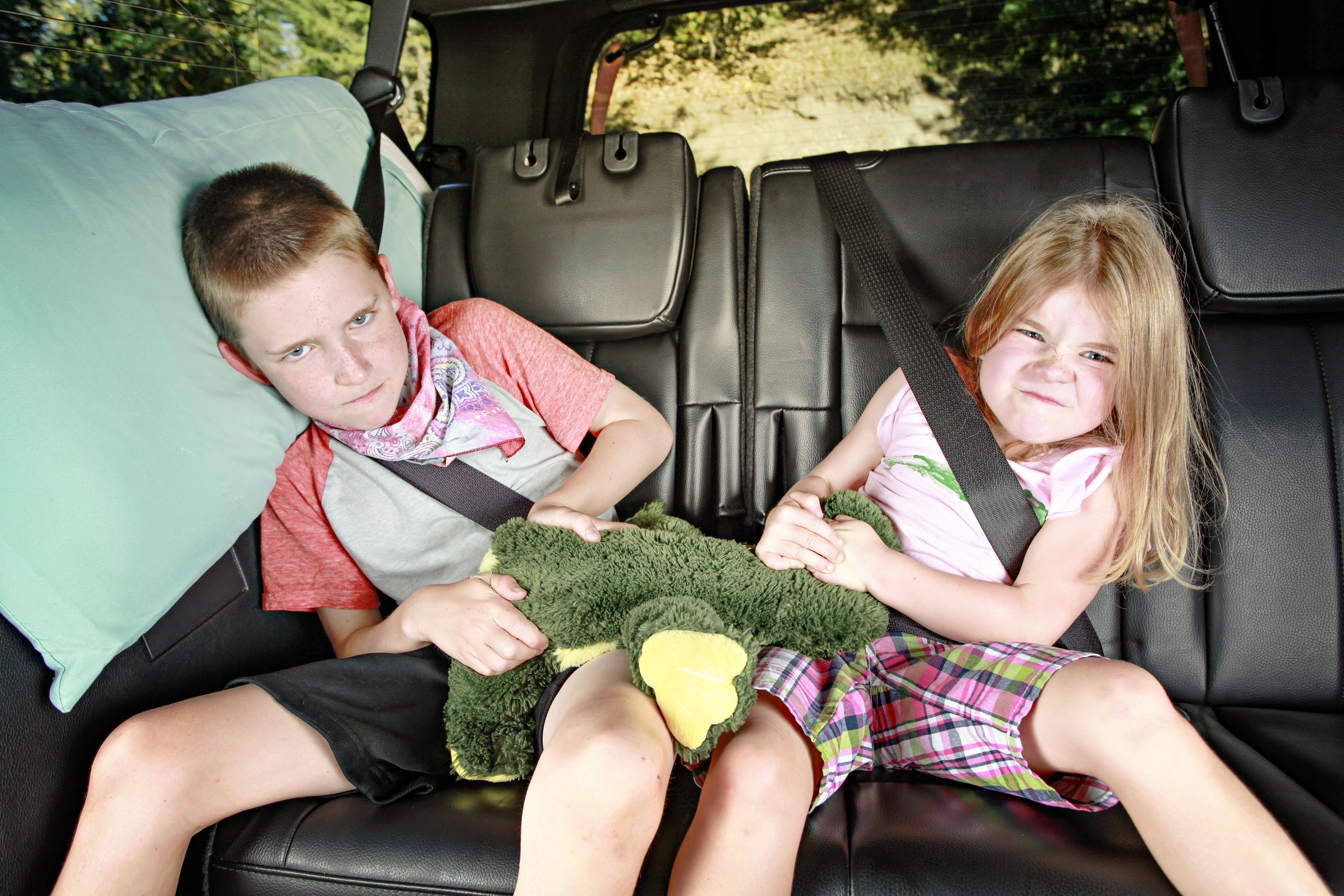
.jpg)











